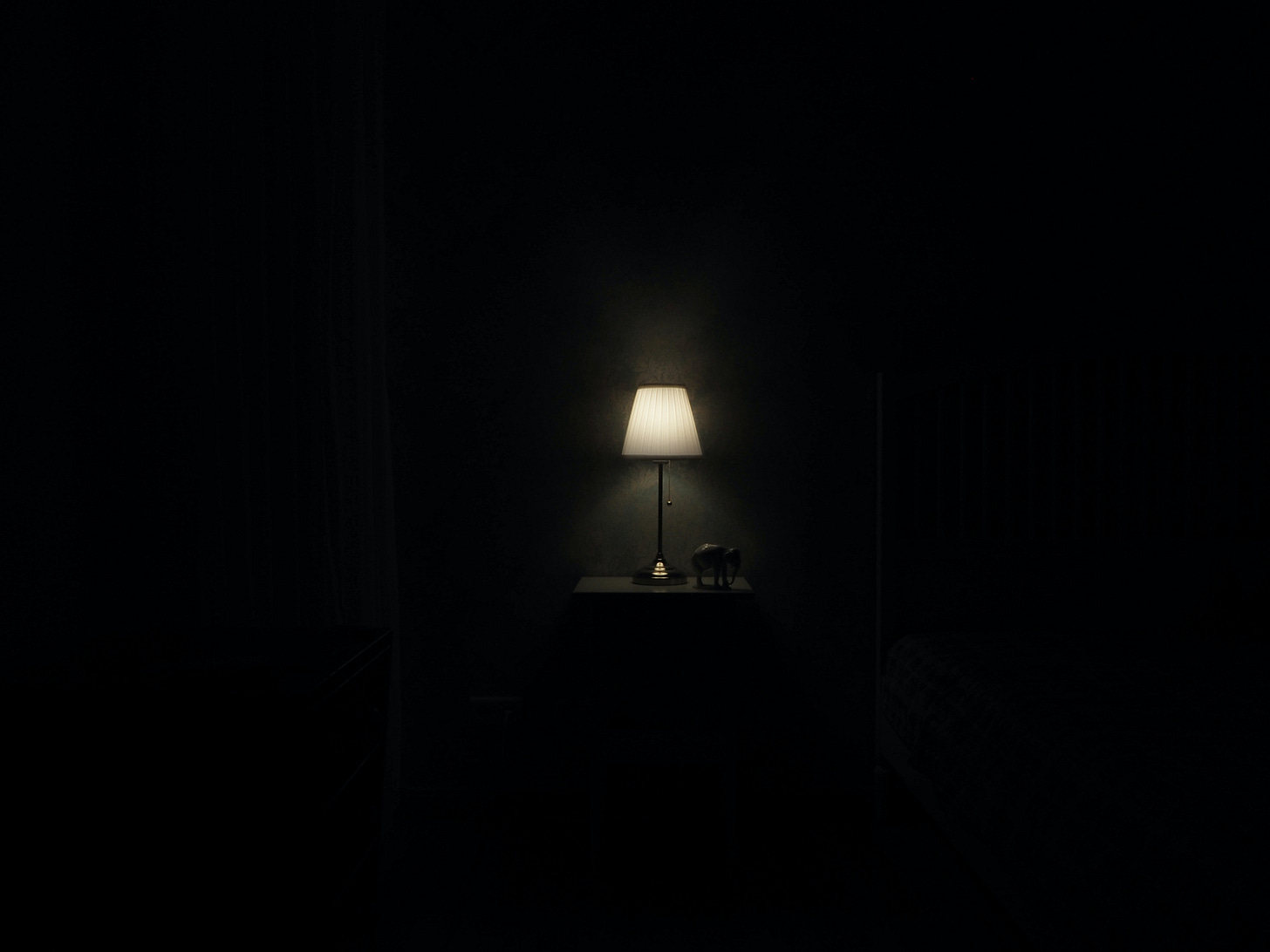I've never met anyone who didn't like to sleep. Even if people this way exist, they are forced to rest.
Before my life as a digital nomad, I lived in a room that turned into complete darkness at night. I used to sleep perfectly well. I slept 8 or 9 hours without waking up once during the night.
Since then, going through several Airbnbs, my sleep has been irregular, with a maximum of 5 hours straight and another two or three hours of poor quality. I noticed that no apartment I stayed in had a similar quality of light sealing. In common, none of them had a good curtain.
I hadn't stopped thinking about it before becoming a nomad. I was sure my sleep would always be perfect (or at least until before I turned 60). But the sunlight that penetrates the room interferes a lot.
I will buy a sleeping mask in the following days to see if I sleep better. And I started to scrutinize much more closely at the rooms in the apartments I'm going to rent.
I arrived two days ago at my most recent Airbnb. Great news: the curtain is great. But I didn't get a good night's sleep due to a noisy renovation in the external area of my building. I'm entirely out of luck.
The beginning of nomadic life, with the changes it brings to housing and work, potentiates disturbed sleep.
One advantage to mitigate is being able to sleep in the afternoon, which is impossible in everyday work. Now, if I'm sleepy and have nothing urgent to finish, I rest to come back invigorated.
As you have seen in this newsletter, the challenges of a nomad are numerous. I intend to solve each one who appears to me. As I said, I don't know how long I'll have this life, but I desire to have it for a while.
Thanks for reading.



